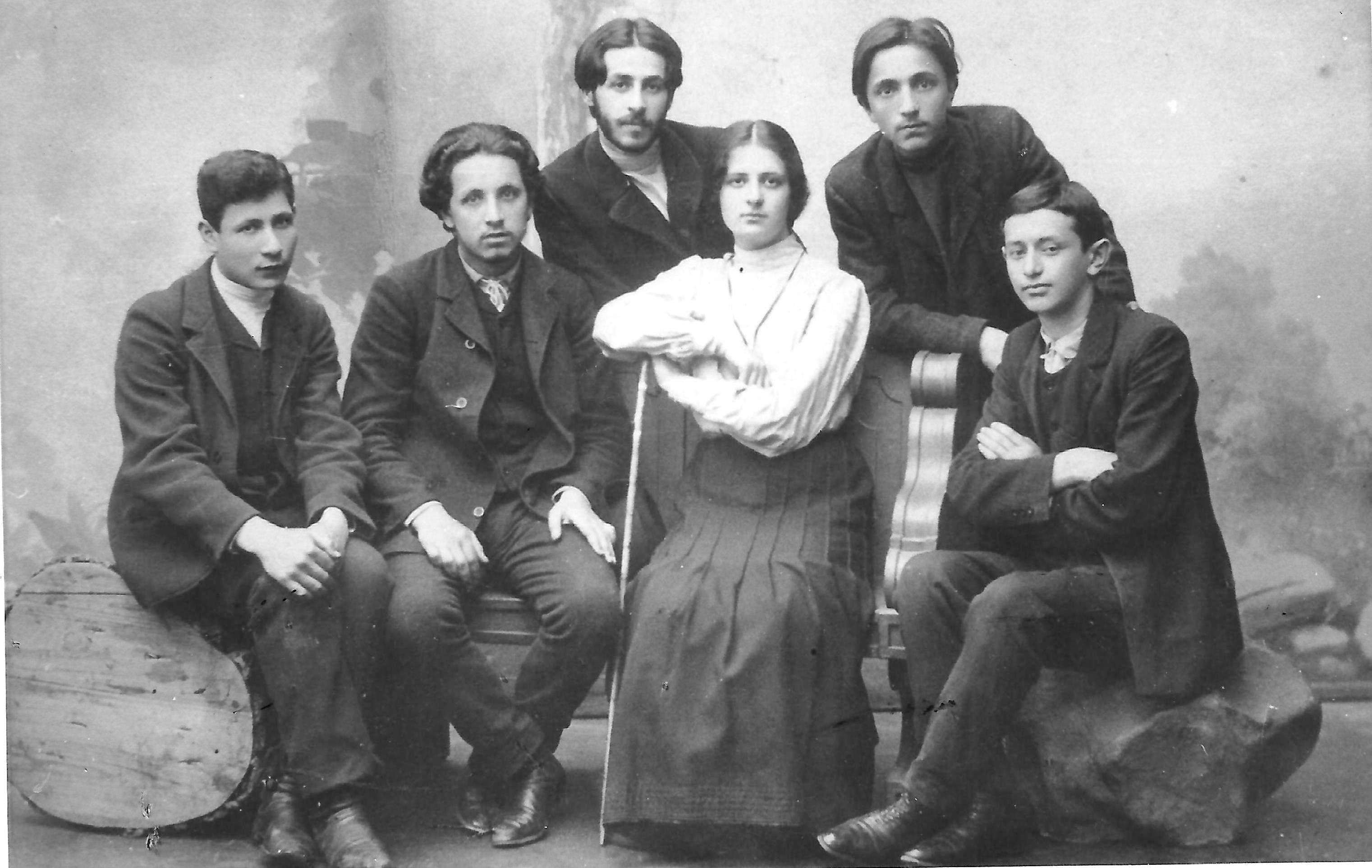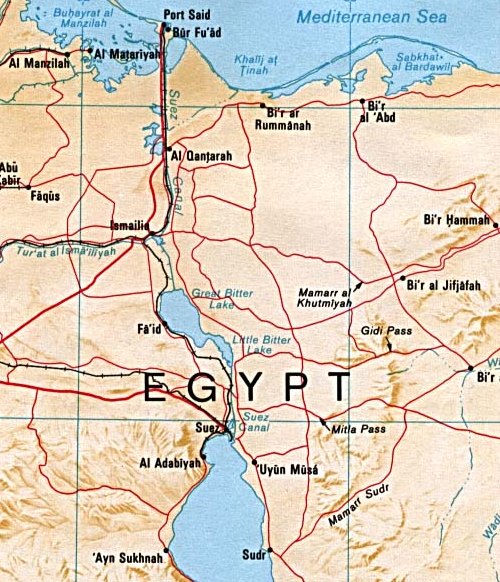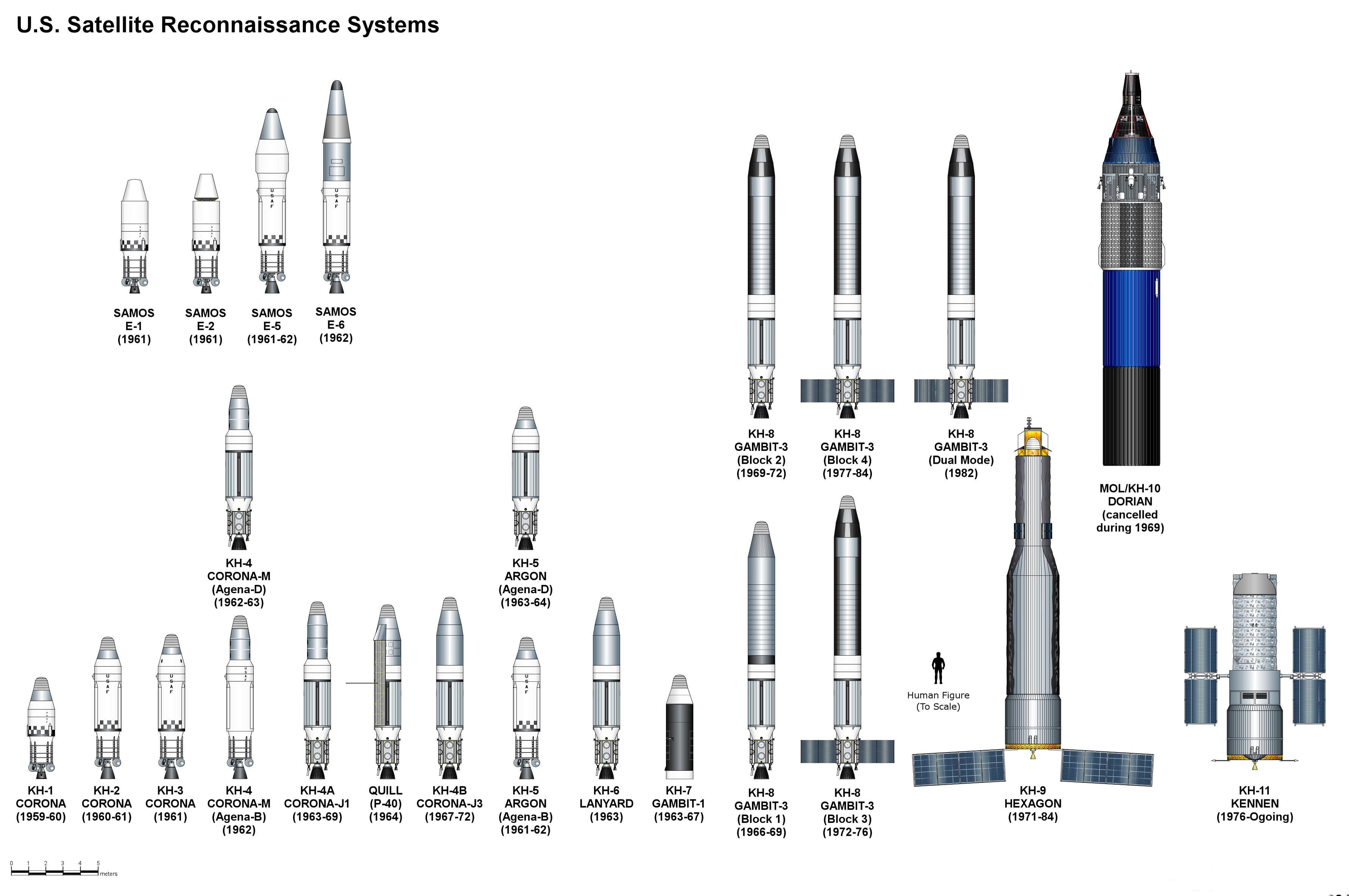|
Bahr El-Baqar Primary School Bombing
The Bahr el-Baqar primary school in the Egyptian village of Bahr el-Baqar (south of Port Said, in the eastern province of Sharqia) was bombed by the Israeli Air Force on 8 April 1970, killing 46 children. Of the 130 children who attended the school, 46 were killed and over 50 wounded. The school itself was completely demolished. The attack was carried out by Israeli Air Force F4 Phantom II fighter bombers, at 9:20 am on Wednesday 8 April. Five bombs and two air-to-ground missiles struck the single-floor school, which consisted of three classrooms. There has been significant dispute between both parties as well as their allies over the motive of the attack and, consequently, its appropriate designation. While Egyptian and Arab sources regard the attack as a deliberate massacre, nay a war crime, intended to impose a ceasefire, Israeli and Western sources consider it to be a human error on the Israeli side made under the impression that the school was an Egyptian military in ... [...More Info...] [...Related Items...] OR: [Wikipedia] [Google] [Baidu] |
United Arab Republic
The United Arab Republic (UAR; ar, الجمهورية العربية المتحدة, al-Jumhūrīyah al-'Arabīyah al-Muttaḥidah) was a sovereign state in the Middle East from 1958 until 1971. It was initially a political union between Egypt Egypt ( ar, مصر , ), officially the Arab Republic of Egypt, is a transcontinental country spanning the northeast corner of Africa and southwest corner of Asia via a land bridge formed by the Sinai Peninsula. It is bordered by the Med ... (including the occupation of the Gaza Strip by the United Arab Republic, occupied Gaza Strip) and Syrian Republic (1946–63), Syria from 1958 until Syria seceded from the union after the 1961 Syrian coup d'état. Egypt continued to be known officially as the United Arab Republic until 1971. The republic was led by President of Egypt, Egyptian President Gamal Abdel Nasser. The UAR was a member of the United Arab States, a loose confederation with the Mutawakkilite Kingdom of Yemen, whic ... [...More Info...] [...Related Items...] OR: [Wikipedia] [Google] [Baidu] |
Abu Zaabal
Abu Zaabal or Abu Za'bal (, ALA-LC: ' ) () is a huge industrial settlement in Egypt. The first Egyptian medical school was founded there, in 1827. In modern Egypt, the area is an industrial suburb of Cairo, with an extensive military–industrial complex and well-developed chemical industries. 1970 bombing incident *On February 13, 1970, an Israeli Air Force The Israeli Air Force (IAF; he, זְרוֹעַ הָאֲוִיר וְהֶחָלָל, Zroa HaAvir VeHahalal, tl, "Air and Space Arm", commonly known as , ''Kheil HaAvir'', "Air Corps") operates as the aerial warfare branch of the Israel Defense ... bomber dropped bombs and napalm on an industrial plant in Abu Za'abal, killing 80 civilian workers. The IAF had intended to attack military targets and struck the factory by mistake. 2013 prisoners die in custody incident In August 2013, 37 prisoners died in Abu Zaabal Prison.Kingsley, Patrick''How did 37 prisoners come to die at Cairo prison Abu Zaabal?''The Guardian. 2 ... [...More Info...] [...Related Items...] OR: [Wikipedia] [Google] [Baidu] |
Egypt–Israel Relations
Egypt–Israel relations are foreign relations between Egypt and Israel. The state of war between both countries which dated back to the 1948 Arab–Israeli War culminated in the Yom Kippur War in 1973, and was followed by the 1979 Egypt–Israel peace treaty a year after the Camp David Accords, mediated by U.S. president Jimmy Carter. Full diplomatic relations were established on January 26, 1980, and the formal exchange of ambassadors took place one month later, on February 26, 1980, with Eliyahu Ben-Elissar serving as the first Israeli Ambassador to Egypt, and Saad Mortada as the first Egyptian Ambassador to Israel. Egypt has an embassy in Tel Aviv and a consulate in Eilat. Israel has an embassy in Cairo and a consulate in Alexandria. Their shared border has two official crossings, one at Taba and one at Nitzana. The crossing at Nitzana is for commercial and tourist traffic only. The two countries' borders also meet at the shoreline of the Gulf of Aqaba in the Red Sea. Pe ... [...More Info...] [...Related Items...] OR: [Wikipedia] [Google] [Baidu] |
Tel-Aviv University
Tel Aviv University (TAU) ( he, אוּנִיבֶרְסִיטַת תֵּל אָבִיב, ''Universitat Tel Aviv'') is a public research university in Tel Aviv, Israel. With over 30,000 students, it is the largest university in the country. Located in northwest Tel Aviv, the university is the center of teaching and research of the city, comprising 9 faculties, 17 teaching hospitals, 18 performing arts centers, 27 schools, 106 departments, 340 research centers, and 400 laboratories. Tel Aviv University originated in 1956 when three education units merged to form the university. The original 170-acre campus was expanded and now makes up 220 acres (89 hectares) in Tel Aviv's Ramat Aviv neighborhood. History TAU's origins date back to 1956, when three research institutes: the Tel Aviv School of Law and Economics (established in 1935), the Institute of Natural Sciences (established in 1931), and the Academic Institute of Jewish Studies (established in 1954) – joined to form Tel A ... [...More Info...] [...Related Items...] OR: [Wikipedia] [Google] [Baidu] |
Yitzhak Tabenkin
Yitzhak Tabenkin ( he, יצחק טבנקין, 8 January 1888 – 6 June 1971) was a Zionist activist and Israeli politician. He was one of the founders of the kibbutz Movement. Biography Yitzchak Tabenkin was born in Babruysk in the Russian Empire (now Belarus) in 1888. He attended a cheder in Warsaw and later continued with a secular education. He was among the founders of Poale Zion in Poland. He cited Karl Marx and Haim Nahman Bialik as influences.Gorenberg (2007), p. 15 In 1912, he immigrated to Ottoman Palestine, where he worked as an agricultural laborer in Merhavia and Kfar Uria. During the First World War, he worked on the Kinneret Farm. He was a delegate to every Zionist Congress after the war. He joined the defense organization HaShomer. He was a member of the "Non-Party" workers group and was active in agricultural laborers organizations in what would later be called the West Bank. In 1921 he joined Joseph Trumpeldor's Work Battalion ( Gdud HaAvoda) and became on ... [...More Info...] [...Related Items...] OR: [Wikipedia] [Google] [Baidu] |
Nasser
Gamal Abdel Nasser Hussein, . (15 January 1918 – 28 September 1970) was an Egyptian politician who served as the second president of Egypt from 1954 until his death in 1970. Nasser led the Egyptian revolution of 1952 and introduced far-reaching land reforms the following year. Following a 1954 attempt on his life by a Muslim Brotherhood member, he cracked down on the organization, put President Mohamed Naguib under house arrest and assumed executive office. He was formally elected president in June 1956. Nasser's popularity in Egypt and the Arab world skyrocketed after his nationalization of the Suez Canal Company and his political victory in the subsequent Suez Crisis, known in Egypt as the ''Tripartite Aggression''. Calls for pan-Arab unity under his leadership increased, culminating with the formation of the United Arab Republic with Syria from 1958 to 1961. In 1962, Nasser began a series of major socialist measures and modernization reforms in Egypt. Despite setback ... [...More Info...] [...Related Items...] OR: [Wikipedia] [Google] [Baidu] |
Suez Canal
The Suez Canal ( arz, قَنَاةُ ٱلسُّوَيْسِ, ') is an artificial sea-level waterway in Egypt, connecting the Mediterranean Sea to the Red Sea through the Isthmus of Suez and dividing Africa and Asia. The long canal is a popular trade route between Europe and Asia. In 1858, Ferdinand de Lesseps formed the Suez Canal Company for the express purpose of building the canal. Construction of the canal lasted from 1859 to 1869. The canal officially opened on 17 November 1869. It offers vessels a direct route between the North Atlantic and northern Indian oceans via the Mediterranean Sea and the Red Sea, avoiding the South Atlantic and southern Indian oceans and reducing the journey distance from the Arabian Sea to London by approximately , or 10 days at to 8 days at . The canal extends from the northern terminus of Port Said to the southern terminus of Port Tewfik at the city of Suez. In 2021, more than 20,600 vessels traversed the canal (an average of 56 per d ... [...More Info...] [...Related Items...] OR: [Wikipedia] [Google] [Baidu] |
War Of Attrition
The War of Attrition ( ar, حرب الاستنزاف, Ḥarb al-Istinzāf; he, מלחמת ההתשה, Milhemet haHatashah) involved fighting between Israel and Egypt, Jordan, the Palestine Liberation Organisation (PLO) and their allies from 1967 to 1970. Following the 1967 Six-Day War, no serious diplomatic efforts tried to resolve the issues at the heart of the Arab–Israeli conflict. The 1967 Arab League summit formulated in September the " three no's" policy: barring peace, recognition or negotiations with Israel. The Egyptian President Gamal Abdel Nasser believed that only military initiative would compel Israel or the international community to facilitate a full Israeli withdrawal from Sinai, and hostilities soon resumed along the Suez Canal. These initially took the form of limited artillery duels and small-scale incursions into Sinai, but by 1969, the Egyptian Army judged itself prepared for larger-scale operations. On March 8, 1969, Nasser proclaimed the offi ... [...More Info...] [...Related Items...] OR: [Wikipedia] [Google] [Baidu] |
Bahr El-Baqar Massacre (2)
{{disambiguation, geo ...
Bahr may refer to: * Bahr, Iran, village in Bushehr Province, Iran * Bahr, village near Straßburg, now: Barr, Bas-Rhin, Alsace, France * Bahr, Netherlands, hamlet in Gelderland, Netherlands * Bahr (surname) * Bahr (toponymy), a component of Arabic placenames meaning "sea" or "large river" See also * Bähr, a German surname * Bahrs, a seafood restaurant in New Jersey, US *Baar (other) Baar may refer to: Places * Baar, Switzerland, a municipality in the Canton of Zug, Switzerland * Baar, Swabia, a town in western Bavaria, Germany * Baar, Rhineland-Palatinate, a municipality in Rhineland-Palatinate, Germany * Baar (region), a ... [...More Info...] [...Related Items...] OR: [Wikipedia] [Google] [Baidu] |
Reconnaissance Satellite
A reconnaissance satellite or intelligence satellite (commonly, although unofficially, referred to as a spy satellite) is an Earth observation satellite or communications satellite deployed for military or intelligence applications. The first generation type (i.e., Corona and Zenit) took photographs, then ejected canisters of photographic film which would descend back down into Earth's atmosphere. Corona capsules were retrieved in mid-air as they floated down on parachutes. Later, spacecraft had digital imaging systems and downloaded the images via encrypted radio links. In the United States, most information available about reconnaissance satellites is on programs that existed up to 1972, as this information has been declassified due to its age. Some information about programs before that time is still classified information, and a small amount of information is available on subsequent missions. A few up-to-date reconnaissance satellite images have been declassif ... [...More Info...] [...Related Items...] OR: [Wikipedia] [Google] [Baidu] |
.jpg)






